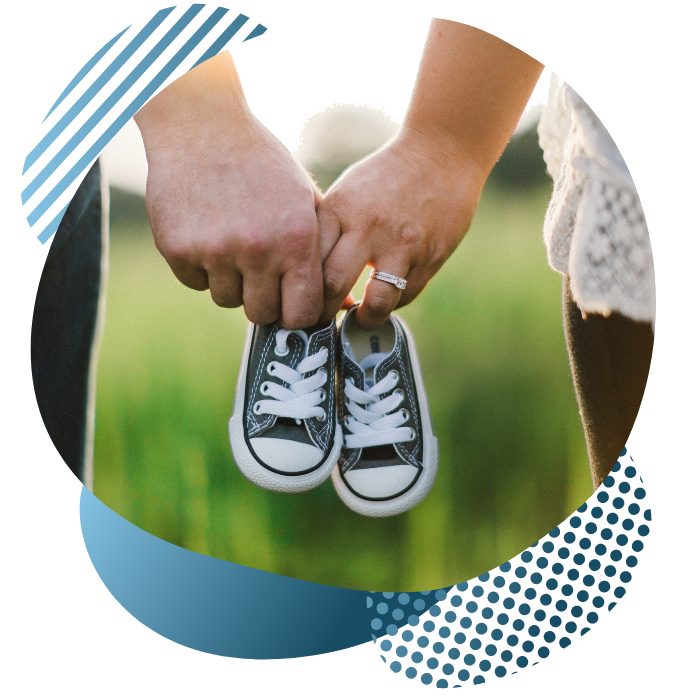Invitro Fertilization Egg Donation /Egg Reception

What is it?
Egg donation is the process of donating egg cells from a healthy patient (egg donor) to another patient who just can’t get pregnant, due to troubles in ovulation or maybe because of a lack of egg cells.
According to Conselho Federal de Medicina (CFM), the egg donor must be pass through a process of Assisted Reproduction so that she can donate a portion of her egg cells. This happens though a process called shared eggs donation.
The woman chosen to be the donor is treated with a hormonal therapy (ovarian stimulation) assisted by ultrasonography and hormone shots, in order to determine the best moment to collect her eggs, which is done in an Assisted Reproduction clinic. After collecting, the embryologist in charge will select the best eggs to be sent to fertilization. In this process, the fertilization occurs inside lab and the technical team monitors the evolution of the generated embryos.
Then the best embryos are put inside the receiver woman’s womb, who must wait two weeks to confirm if she is indeed pregnant.
In Brazil, the donors can’t be relatives of the receiver, they must be anonymous, and the donations can’t generate any income to them.
Whom should do it?
Egg donation recommendations are more often in the cases bellow:
- Less than 35 years old women
- Healthy women, that don’t have any transmissible or heritable disease and any health problem that may get worse due to the ovarian stimulation (such as hormone dependent cancers, for instance)
- Couples needing Assisted Reproduction treatment. Through the shared egg cells donation maybe it is possible that as a benefit a part of the donor treatment expanses can be afforded by the egg receiver
Now the main indications for egg reception are:
- Advanced age
- Early menopause
- Low quality eggs
- Low ovarian stock
- Ovarian absence due to surgery or genetic diseases (Tuner’s syndrome for instance)
- When there’s a genetic or a heritage disease but it’s impossible to identify the gene related to it
- Patients that made oncological treatments that resulted in ovarian fibrosis
- Male homosexual couples
- Male independent production
Egg reception is indicated in any case that fits in the above situations, since there’s enough health to maintain a healthy pregnancy.


